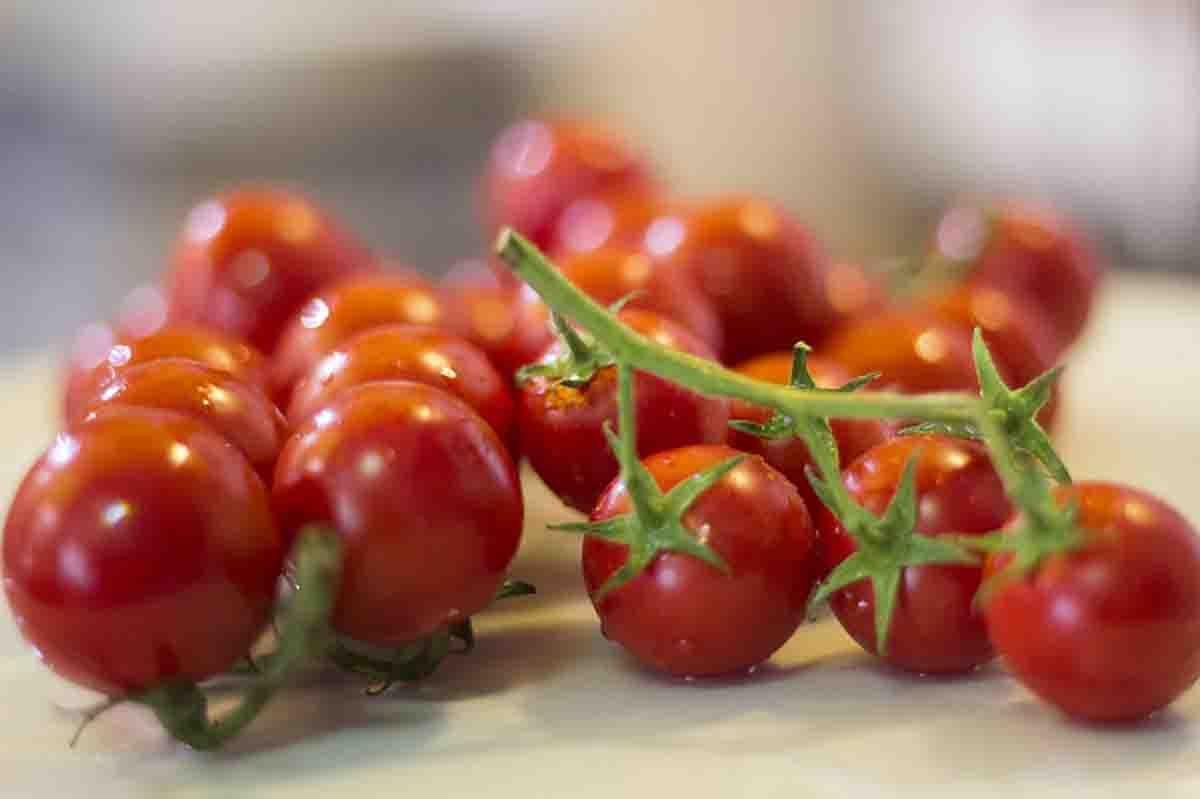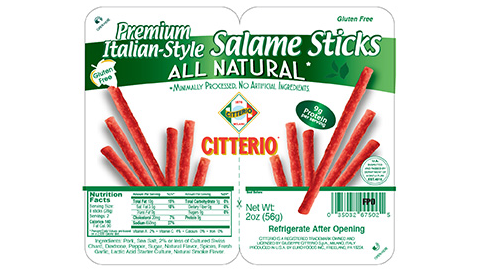Miracle tomatoes that are good for your health? We all knew it deep down. But discovering that they could be a cure-all for stress and anxiety, even keeping blood pressure at bay, really goes way beyond what we expected from the world of science.
An international collaboration used thea new genomic editing technique, called CRISPR, to produce a variety of tomatoes very rich in lycopene, an antioxidant substance valuable for health.
The result was obtained in a single generation starting from the South American wild species Solanum pimpinellifolium, from which, after centuries of hybridization, the tomato varieties we consume today have come from.
It took hundreds of years of crossings and hybridizations – thousands, in the case of cereals – to obtain varieties of plants suitable for human consumption, cultivable and of sufficient yield like the current ones, capable of guaranteeing excellent yields.
Miraculous tomatoes with Crispr gene editing, the future lies in vegetables that are good for health
Often, however, these processes have made crops more susceptible to disease and poorer in vitamins, nutrients and flavor.
Going back, however, is possible. A group of Brazilian, US and German researchers (followed by Japanese ones), led by Jörg Kudla of the University of Münster, in fact, he managed to create a new tomato variety for the first time from a wild plant in a single generation.
The result, described in “Nature Biotechnology”, was obtained using CRISPR-Cas9, the method that for some years has revolutionized genetic engineering, thanks to the possibility of intervening on one or more genes with a very precise correction.
The choice of researchers fell on Solanum pimpinellifolium a wild variety of solanacea – the plant family to which tomatoes belong – native to South America.
Forerunner of modern tomato varieties, S. pimpinellifolium however, it looks very different. Its fruits are the size of a pea, but much tastier. Furthermore, it has a much higher content of lycopene, a natural substance known for its antioxidant properties.
Miraculous Tomatoes: Kudla’s Studies
Using CRISPR-CAS9, Kudla and colleagues introduced small genetic modifications in six genes crucial for plant domestication and crop yield. They thus obtained a fruit three times larger than the wild one and much more elongated, a ten times higher number of fruits per cluster and a more compact plant.
This method allows you to start from the beginning and start a completely new process of “domestication”. In the process, all the knowledge of plant genetics and plant hybridization that has accumulated over several decades of studies is used.
So Kudla stated in his scientific treatise. So, we can preserve the genetic potential and particularly beneficial properties of wild varieties.
And at the same time we can get a variety with the most useful characteristics for cultivation, and all in a very short time.
Tomatoes rich in lycopene: in Japan they cost 23 euros per kilo
Another important property is the lycopene content of the new variety, more than doubled compared to the wild variety, and about five times higher than the varieties currently arriving on our tables.
This is a decisive innovation that cannot be obtained with conventional hybridization techniques and with currently grown tomatoes.
Lycopene can help prevent cancer and cardiovascular disease. From this point of view, the tomato that has been obtained probably has an added value in comparison to conventional cultivated tomatoes and such other plant species that contain lycopene only in very limited quantities.
CRISPR is a biotechnology invented a few years ago. Much of the initial work was done by two women: Jennifer Doudna and Emmanuelle Charpentier.
Keep these names in mind. Within a few years it has spread like wildfire, it is potentially very powerful and for this reason it will generate a lot of discussions in society. We are talking about that slice of the planet that trudges and cannot keep up with the speed of scientific innovations.
In fact, in Italy and abroad we are still stuck in discussions on plant GMOs while in the world of scientific research it has gone much further.
Immediately after, the Japanese tried it with a great result.
Since mid-September in the Rising Sun, some tomatoes are on sale that are supposed to help people fight stress, sleep and lower blood pressure.
READ ALSO >>> What happens to our health if we drink too much coffee: you will be speechless
The Japanese biotechnology company, Sanatech Seed, has obtained the green light for the marketing of tomatoes naturally modified with the CRISPR / cas9 technique.
Miraculous but super expensive tomatoes from 23 euros per kilo.
Their name is Sicilian Rough High GABA and their main feature is that they contain five times the amount of gamma-aminobutyric acid (GABA).
The latter is an inhibitory neurotransmitter which is responsible for the neuronal excitability of the nervous system.
The Japanese GABA tomatoes, obtained by using the technique CRISPR, would cost about $ 23 per kilo. It is certainly a very expensive price and not affordable for everyone,
–


